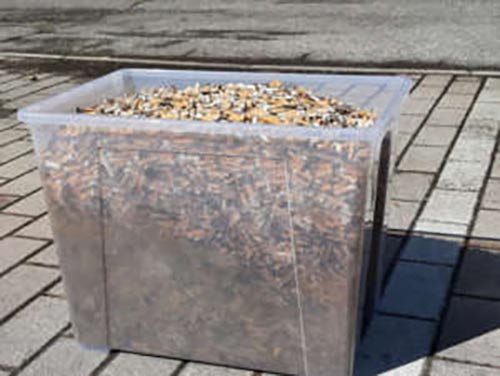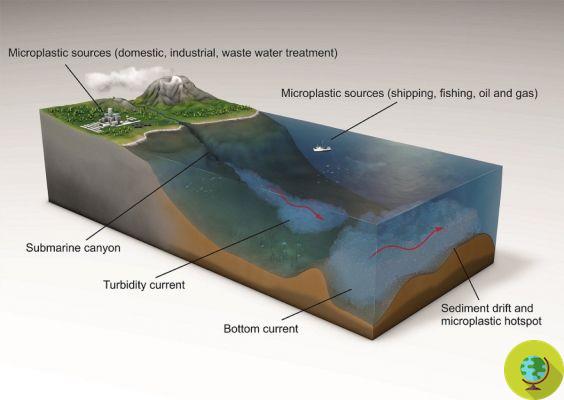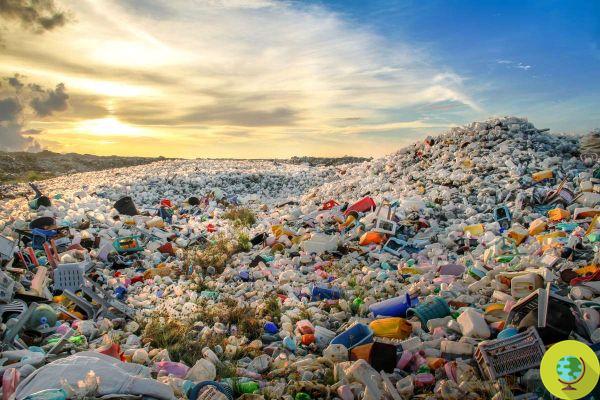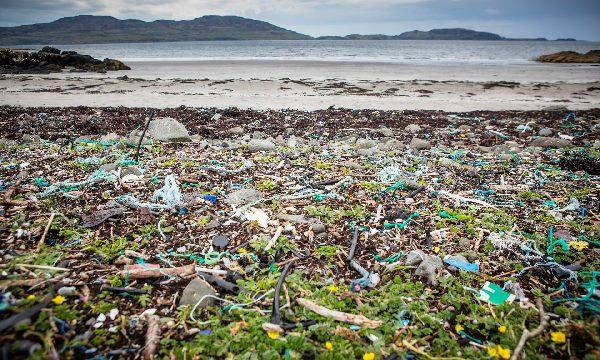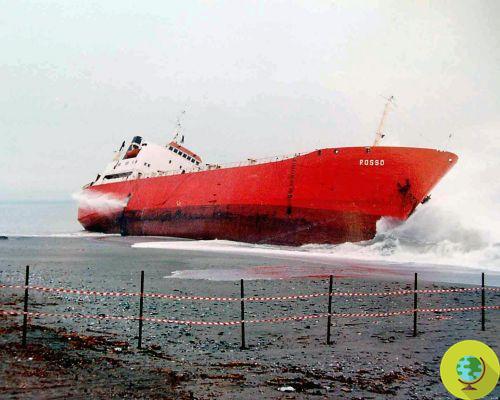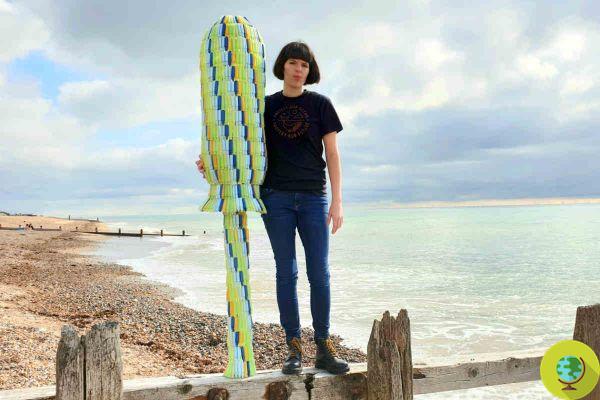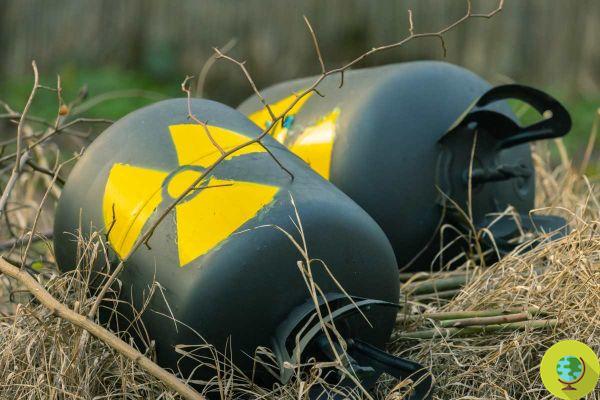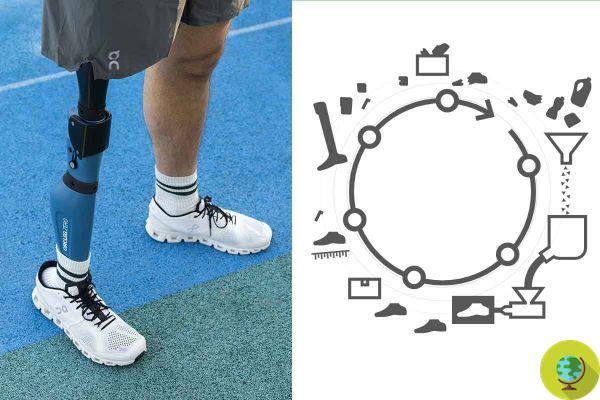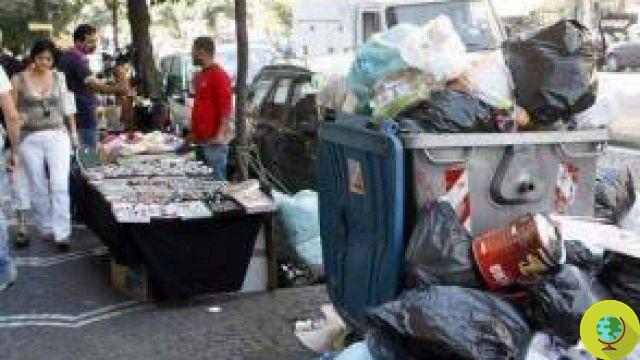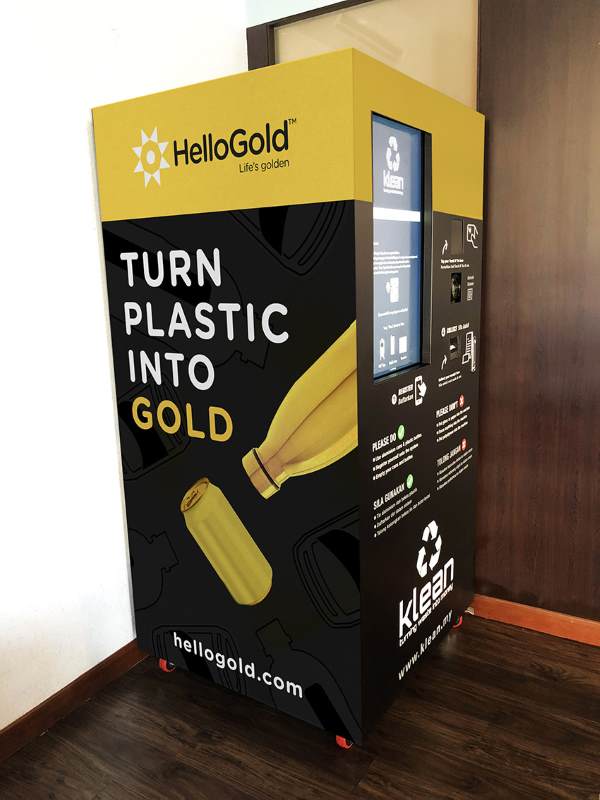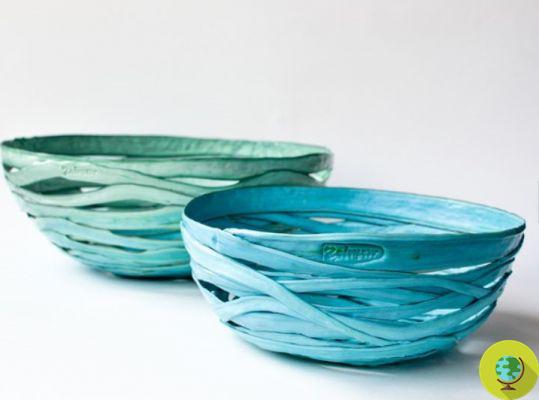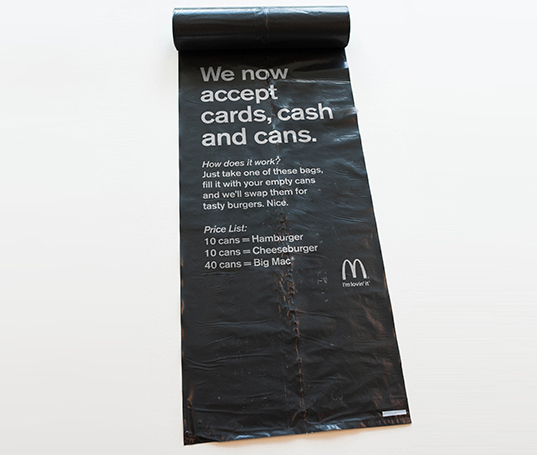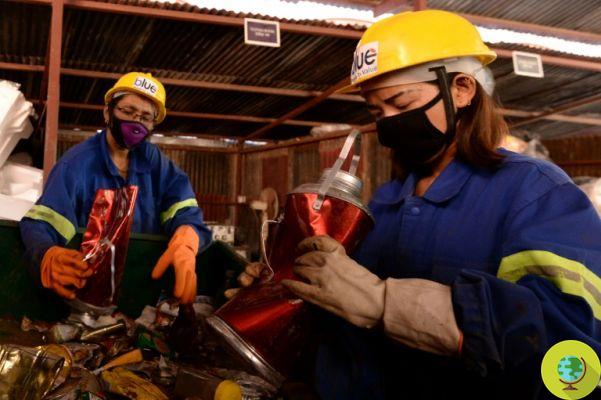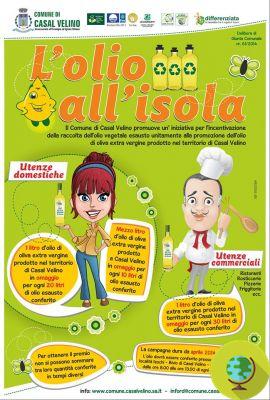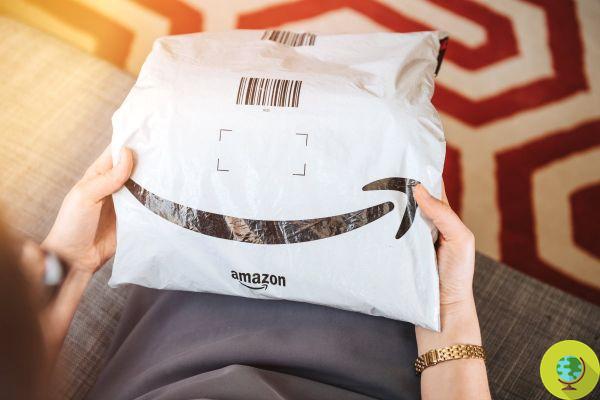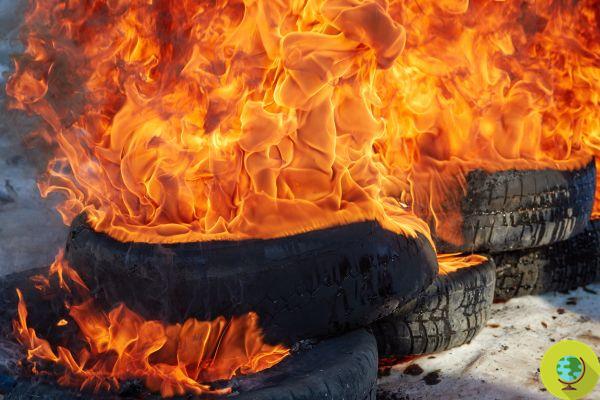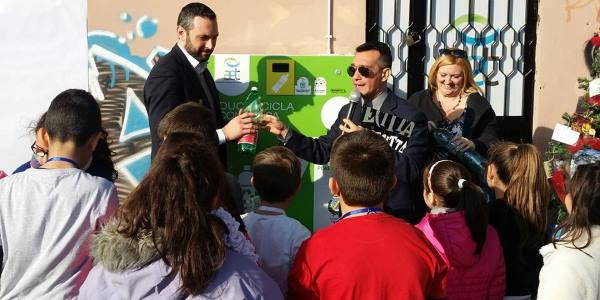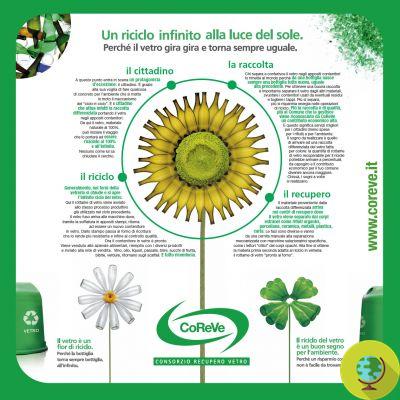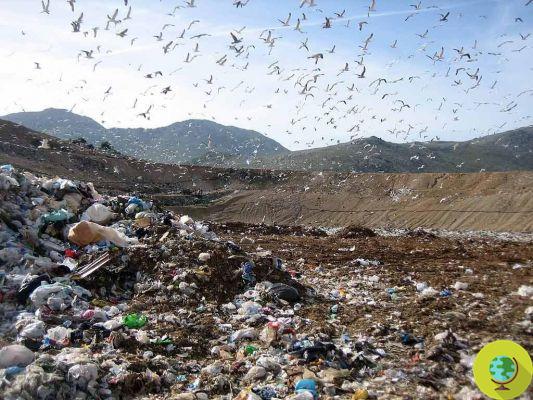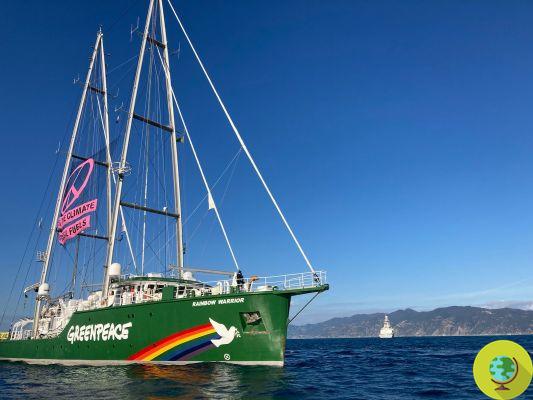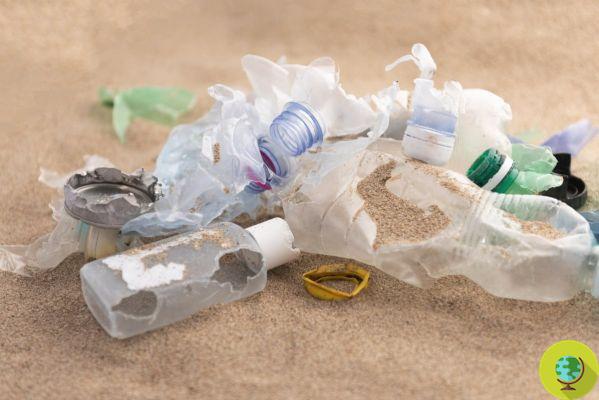
With OpenLitterMap, each of us can help create a world map of plastic waste by reporting it in real time
Yes, the fight against plastic involves our behaviors and daily choices. But we can do much more to fight pollution thanks to active citizenship andopen source.
OpenStreetMap has thought of a solution capable of involving all citizens of the world in the "collection" of plastic and it does so thanks to open data and GIS. In other words, with the initiative OpenLitterMap accompanied by the homonymous App, each of us can help create a world map of plastic waste by reporting it in real time, especially in areas that are difficult to access.
It is a data collection that exploits the unprecedented potential of net citizens from all over the world. Now anyone owns a smartphone thanks to which they can map the waste of the Earth in real time.
"Help us create the world's most advanced open database on waste, brands and plastic pollution"
is the appeal of OpenStreetMap which has been working for years incorporating citizen mapper data and providing it to everyone under the Open Data Commons Open Database License (ODbL).
“OpenLitterMap is not just an open map or database of plastic pollution around the world. It is an important catalyst to help strengthen the company's ability to collect data. Inspired by OpenStreetMap, we apply the same principles of crowdsourcing and open data to plastic pollution. We want everyone, anywhere and everywhere, to be able to share data on waste and plastic pollution on the streets, beaches and anywhere else where plastic can be found. These maps tell powerful stories about plastic pollution in a very local and global context, and anyone can use our open data to help improve government policy and extend producer responsibility. We also want to integrate the mapping of chemical pollution and develop a greater capacity for monitoring biodiversity, ”explained creator Seán Lynch.
Starting from the assumption that waste is everyone's problem and that everyone can help in fighting the pollution problem, the OpenStreetMap team decided to play the charge and launch this wonderful initiative.
“Our maps reveal what has become normal and invisible. This education is important for making waste visible. Our data is open and accessible. Anyone can download and use them, for any purpose. Only by working together can we create a huge change in the way we understand and respond to pollution ”reads the official page.
How to participate in OpenLitterMap
Participating is really very simple. First of all it is necessary download the app (available at this link for iOS and at this link for Android). Then, when we notice a refusal, just take a photo with information on the location and time, tag the refusal and upload the photo to the app by entering the brand and material. Finally, just share the photos on social networks.
“Share the maps or download our data. Let's show everyone how polluted the world really is! ”.
Introducing the new #OpenLitterMap user profile. Developed in 8 hours. #opensource #opendata #litter #plasticpollution #openscience #cleantheplaney pic.twitter.com/KXlTgx3yc2
- OpenLitterMap (@OpenLitterMap) January 23, 2021
An apparently insignificant gesture that costs nothing, but that can make a difference.
Sources of reference: Openlittermap, Twitter / Openlittermap, OpenSource
READ also:
- The gray seal with its neck trapped in fishing litter, while feeding its cub, is the emblem of our society
- In Amsterdam, bubbles are experimented to trap plastic and waste from the canals
- In Lizzano, on a beach in Salento, plastic waste dating back to 30 years ago was found




